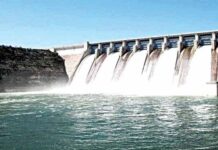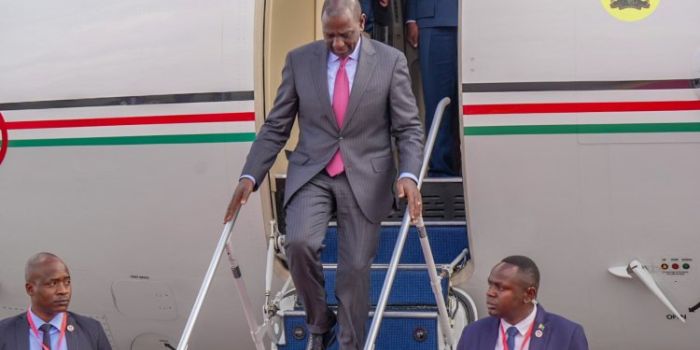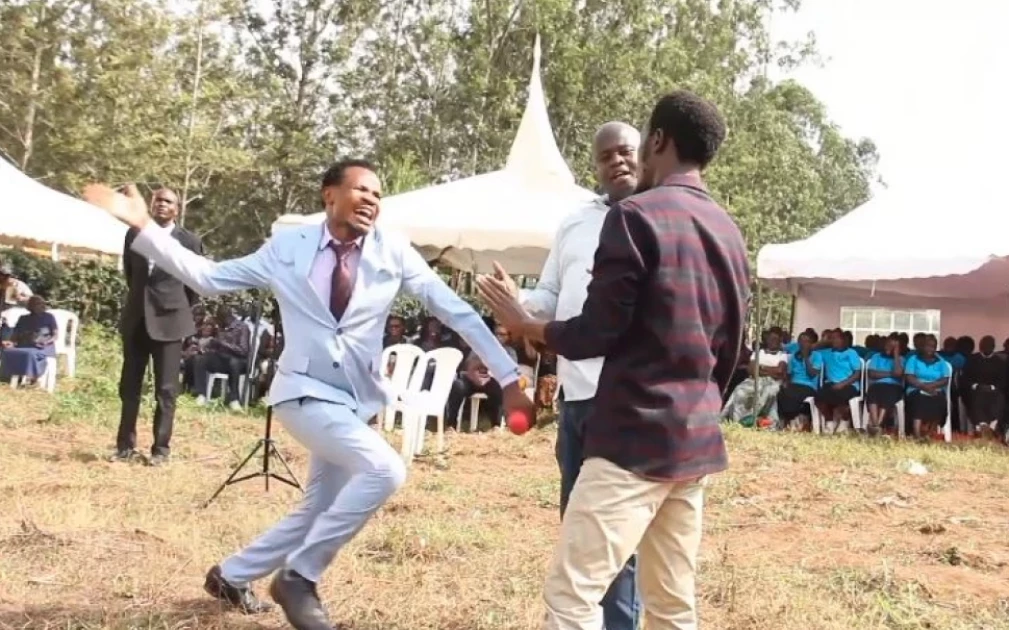The European Union’s development spending in Kenya should focus on fewer areas and more high-job-creating sectors like manufacturing, rather than agriculture projects, according to a member of the European Court of Auditors.
Juhan Parts, the former prime minister of Estonia behind a recent report on EU aid to Kenya, told Devex that the “huge gap” between the needs and “tiny” resources available by comparison meant that “prioritization becomes extremely important.”
The report analyzed €435 million ($515 million) that the East African nation received from the EU’s main development instrument for the 2014-2020 period. The money went to food security and resilience to climate shocks, sustainable infrastructure, and accountability of public institutions — though Parts told Devex that these were then fragmented into other issues such as energy and transport.
“Spreading Kenya’s funding over so many areas increase the risk of it not reaching the necessary critical mass in any single sector to achieve significant results,” the report found. For instance, the audit found that €175 million for energy and transport infrastructure was “too limited to achieve the very ambitious objectives agreed with the Kenyan authorities and to make a significant impact.”
Some 90% of the funding was allocated using a standard formula for African, Caribbean, and Pacific countries, which the audit found “does not address their specific development obstacles or the funding gap. The country allocations also did not take into account other donors’ grants or loans.”
The European Court of Auditors is the independent body responsible for monitoring the European Commission’s management of the EU budget but does not have legal powers.
Parts wrote that the EU also failed to adequately explain why it did not focus on manufacturing, despite the sector’s “great potential to create jobs.”
“The agriculture sector is not the source of job creation in the numbers which Kenya needs,” Parts told Devex. “If job creation is a kind of medicine for reducing poverty, then for sure if we are investing [in] agriculture then in the longer term or middle term, for sure there will be less jobs. … At the same time, talking about manufacturing, there are a lot of opportunities to create more value on this production chain in Kenya and that would be easily part of the manufacturing activity and creating jobs, doing something with these agricultural products.”
Asked about the report in the European Parliament’s development committee last week, Felix Fernandez-Shaw, a director at the commission’s development department, DEVCO, said that it was a matter of “political choices” made in consultation with the Kenyan government about which sectors were the best “vectors for economic growth.”
Charles Goerens, the liberal deputy from Luxembourg who asked the question of Fernandez-Shaw, is awaiting a more detailed response from the commission. Given the €435 million amounted to just 0.6% of Kenya’s tax revenue, Goerens told Devex that “we can’t expect wonders” but that he supported the report’s call for the EU to spend more in fewer sectors to amplify its impact.
Koen Doens, director-general of DEVCO, told Devex in a Pro subscriber call last week that the 2021-2027 programming cycle would involve the same approach of favoring three focal areas in each country, though the commission would seek to ensure better interlinkages between these.
“Spreading Kenya’s funding over so many areas increases the risk of it not reaching the necessary critical mass in any single sector to achieve significant results.”
“Since there are so many things that are so important, we still sometimes have a tendency of doing a lot of things in a lot of countries, sometimes in homeopathic doses,” Doens said. “That doesn’t mean that what we do is not worthwhile … [and] doesn’t generate impact. But it does mean that I sometimes wonder if we were to maybe do more on fewer things, or, even better, if we could see the linkages between what we do, then we would make a qualitative step in the right direction.”
A spokesperson for the commission said that the EU had “contributed significantly to Kenya’s economic and social progress in the past decade” and that its support had been “based on the country’s specific needs and priorities, directed to reduce poverty and in line with the priorities of the EU Agenda for Change.”
“The commission will take into account the court’s recommendations, where appropriate, in the design and implementation of future EU cooperation programs with Kenya,” the spokesperson said. “Job creation in particular, which will feature prominently in the negotiations with Kenya on the next country program, is already the focus of successful ongoing initiatives which support agriculture in the country.”













